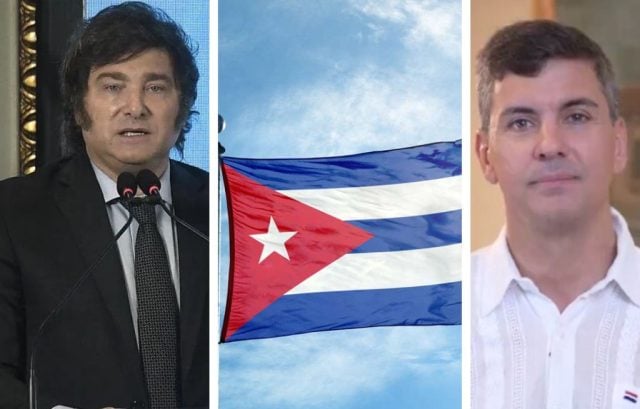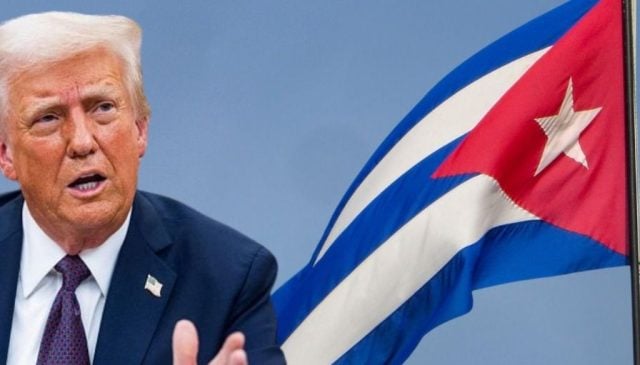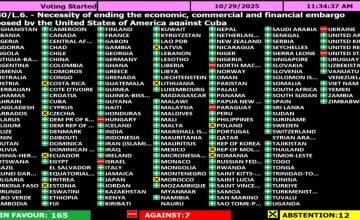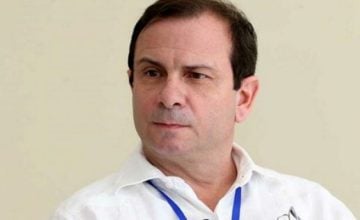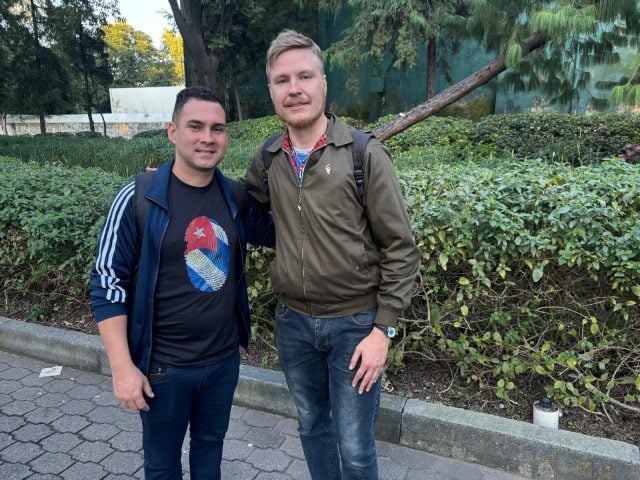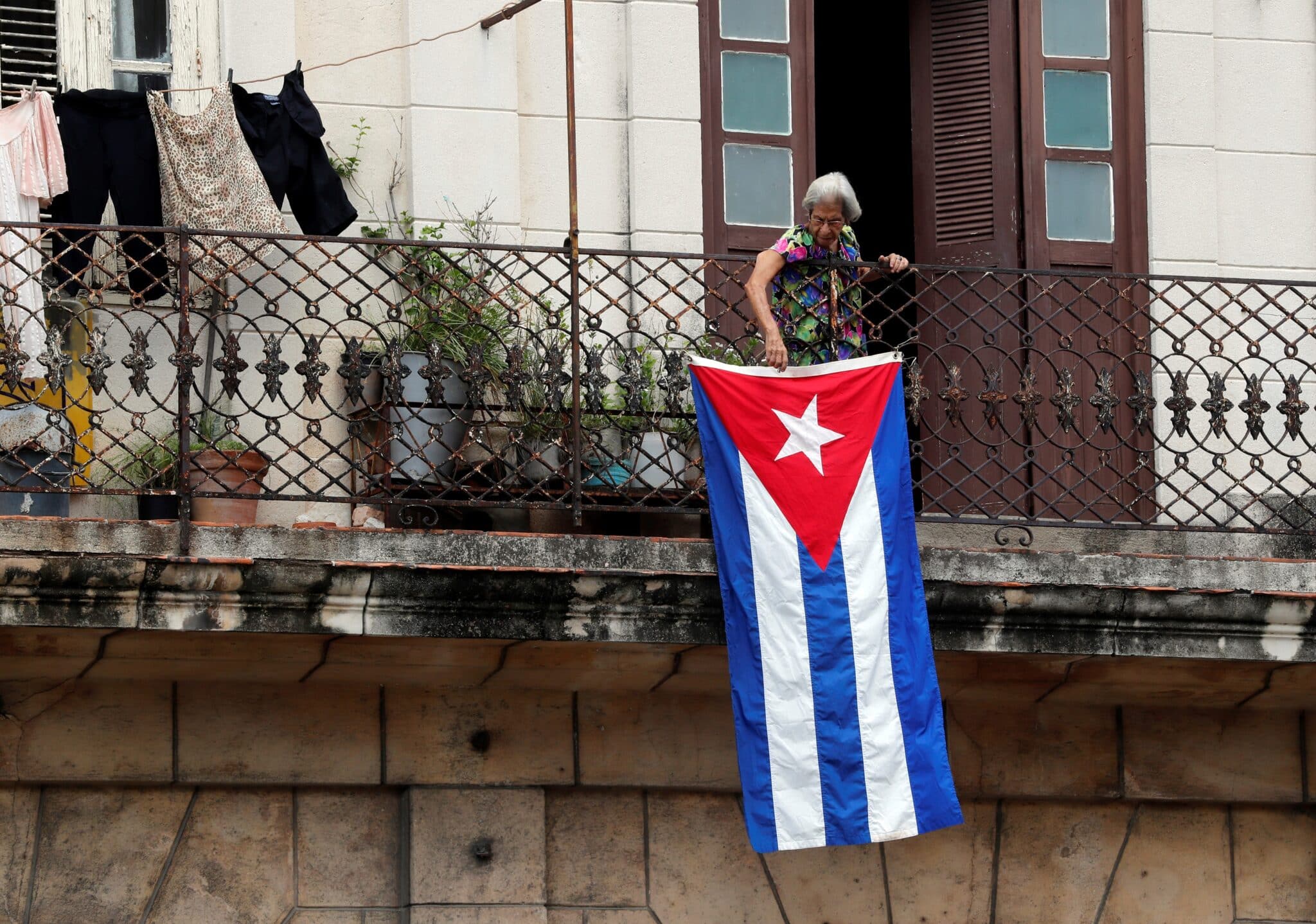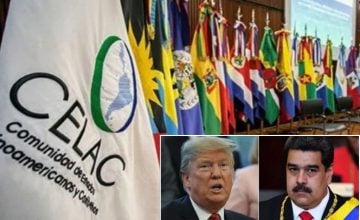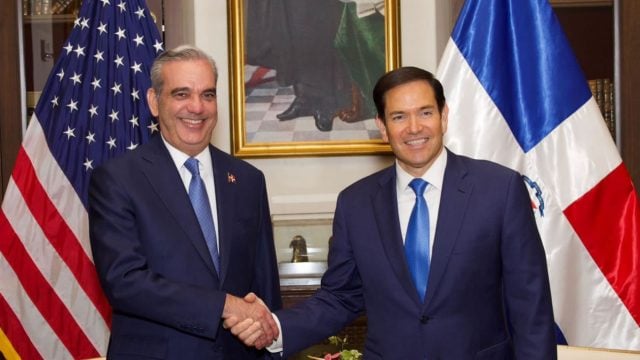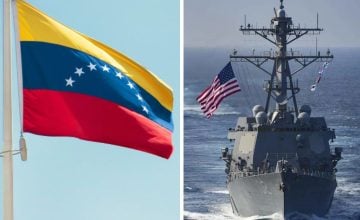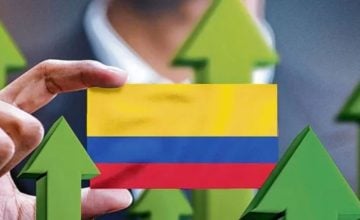Original article: ¿Qué países de Latinoamérica le dieron la espalda a Cuba en la ONU y por qué importa para la región?
The United Nations General Assembly (UNGA) voted on Wednesday for the thirty-third time, with an overwhelming majority, to call for an end to the economic embargo imposed by the United States on Cuba, a one-sided measure condemned since 1992.
The 2025 voting results—165 votes in favor, 7 against, and 12 abstentions—highlighted that some Latin American countries have distanced themselves from the Caribbean island, which has faced an economic, commercial, and financial blockade ordered by Washington since 1960.
This blockade has been in effect for over six decades, impacting third countries since 1992, when the General Assembly issued its first request to the United States to end it.
While an overwhelming majority of countries once again voted in favor of the proposal from Havana called «The Need to End the Economic, Commercial, and Financial Blockade Imposed by the United States Against Cuba,» this time, in addition to the traditional votes against from the U.S. and its ally Israel, five more countries joined—two of which are Latin American, governed by right-wing leaders.
During the voting, alongside Hungary, North Macedonia, and Ukraine, representatives from Argentina and Paraguay distanced themselves from Cuba, breaking the historical regional consensus that had supported the island’s call for an end to the White House-imposed blockade for over three decades.
«The Majority of the World Voted Again for Cuba, for Life»
The text, presented by Cuba, reaffirmed, among other principles, «the sovereign equality of states, non-intervention, and non-interference in their internal affairs and the freedom of international trade and navigation, as enshrined in numerous international legal instruments.»
It also expressed concern about regulatory provisions like those enacted by the United States on March 12, 1996, known as the «Helms-Burton Act,» whose extraterritorial effects undermine the sovereignty of other states, the legitimate interests of entities or individuals under their jurisdiction, and the freedom of trade and navigation.
In this context, it urged all states to refrain from enacting and applying laws that contravene these principles, calling for the repeal of such measures from those who still impose them.
The document also requested the Secretary-General, in consultation with the relevant UN organs and agencies, to prepare a report on compliance with the resolution in light of the purposes and principles of the UN Charter and international law, to be presented at its eighty-first session.
While presenting the resolution, Cuba’s Foreign Minister, Bruno Rodríguez Parrilla, denounced the illegal, inhumane, and extraterritorial nature of the economic, commercial, and financial blockade imposed by the United States.
He stated that this policy constitutes an act of collective punishment that violates the human rights of the Cuban people and hinders their development in essential sectors like health, energy, and food.
In his address, the Cuban Foreign Minister referred to some tangible effects of the blockade, such as the systematic deprivation of using international banking systems for transactions, which limits Cuba’s foreign trade, and the obstruction of access to financing, investment, remittances, technology, supplies, and essential services, including healthcare.
«As is known, the impact of this type of aggression is not merely economic. It is designed with cold premeditation regarding its social and humanitarian impact on millions of people,» the minister remarked.
He also reiterated that Cuba is a peaceful country committed to cooperation and the self-determination of peoples, urging the international community to support the resolution as an act of justice and respect for national sovereignty.
After the voting, Cuba’s President, Miguel Díaz-Canel, emphasized that «the majority of the world voted once again for Cuba, for life.»
«Cuba, dignified, resilient, and unafraid of the turbulent, brutal, cynical, and deceitful empire, has once again defeated the genocidal blockade of six decades,» the Cuban leader tweeted on his social media account.
Argentina and Paraguay Turn Their Backs on Cuba
The voting results from Argentina generated anticipation in the press and public opinion, representing a «test of fire» for the newly appointed Foreign Minister, Pablo Quirno, who shares with the country’s president, Javier Milei, a desire to appease Washington, which led to expectations of the «libertarian» government’s rejection of Havana’s resolution.
This was particularly heightened following last year’s conflict within the far-right administration when then-Foreign Minister, Diana Moratino, voted in favor of Havana’s resolution, which resulted in her departure after a clash with Milei, who since his presidency began in December 2023, has realigned his diplomacy with the United States, Israel, and the European Union.
In October 2024, the UN General Assembly approved the Cuban resolution with 187 votes in favor, including Argentina, while there were two votes against (the U.S. and Israel) and one abstention.
Alongside Buenos Aires, Asunción also voted against lifting the blockade on Cuba, in line with the right-wing stance of Paraguayan President, Santiago Peña.
Internationally, Peña has deepened ties with the ultra-right international led by Donald Trump. In addition to maintaining and praising their policies, Peña has strongly supported Israel’s genocidal aggression, even hosting and chairing the “Madrid Forum” meeting, where he shares leadership with the far-right Spanish leader, Santiago Abascal.
Ecuador and Costa Rica: Abstention Serving Washington
Among the twelve abstentions, alongside Albania, Bosnia and Herzegovina, the Czech Republic, Estonia, Latvia, Lithuania, Morocco, Moldova, Romania, and Poland, two Latin American countries stood out: Ecuador and Costa Rica.
Ecuador’s President, Daniel Noboa, who took office in November 2023, has sought to reposition the country as a reliable partner for the United States and Europe, making the abstention seen as a distancing from Havana to avoid confrontations with the international right.
A similar stance was observed from Costa Rican President, Rodrigo Chaves, who has shown interest in maintaining ties with Washington as an ally and trading partner.
Costa Rica, for its part, maintained a position consistent with its democratic tradition. San José does not typically confront Cuba directly, but it also does not support its positions in international forums. Its abstention was interpreted as a message of discontent over the lack of freedoms on the island, without dramatizing the gesture with a negative vote.
Impact of the Vote on the Latin American Landscape
The 2025 vote comes during a tense moment in Latin America, where the far-right seeks to gain ground while progressivism remains steadfast in its commitment to respect human rights, freedom, sovereignty, and self-determination of peoples.
